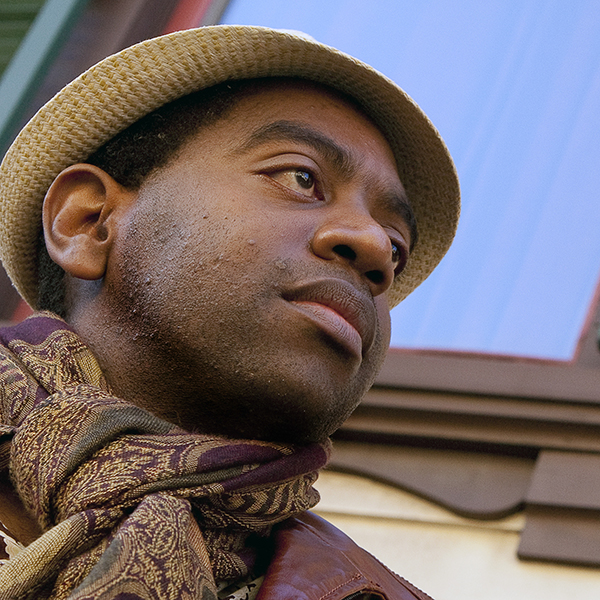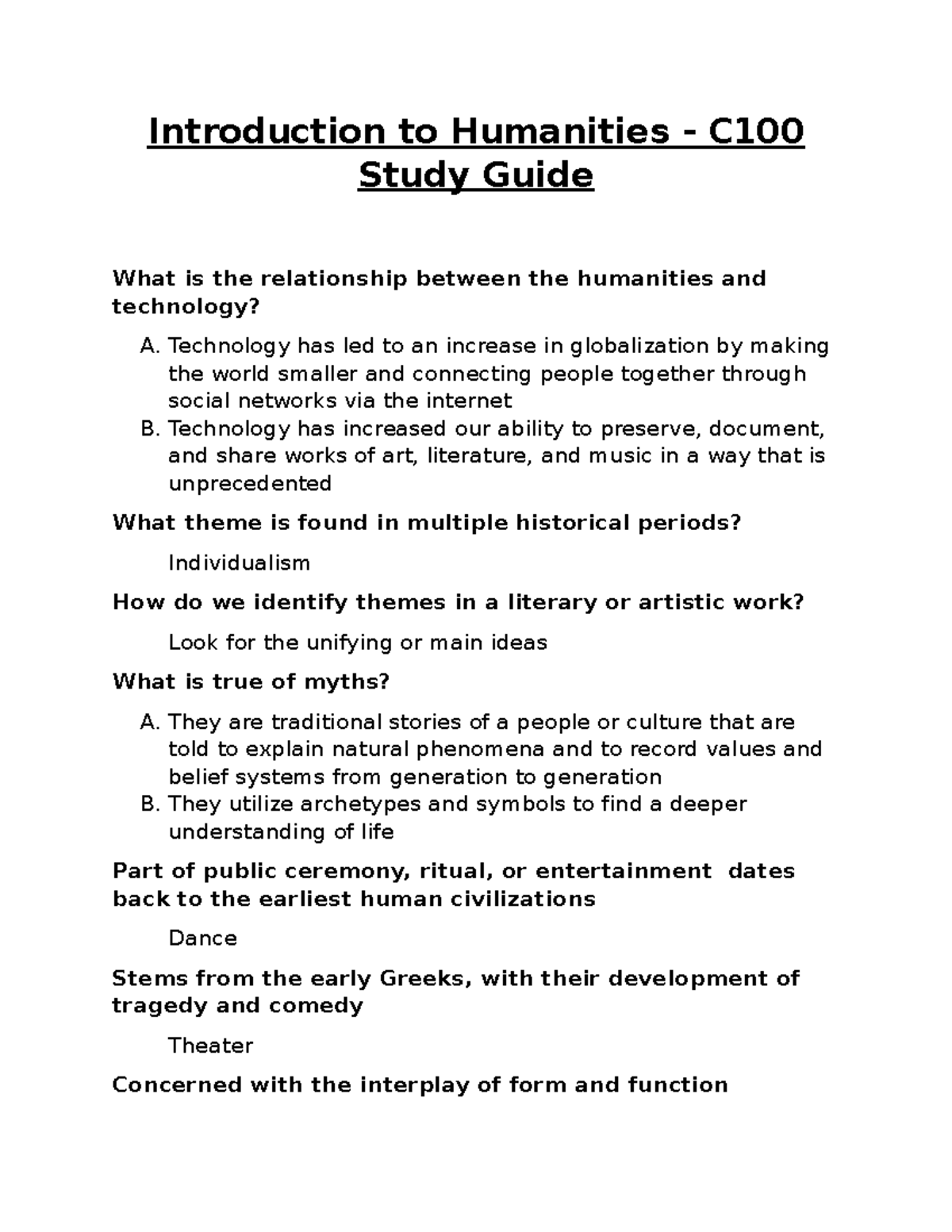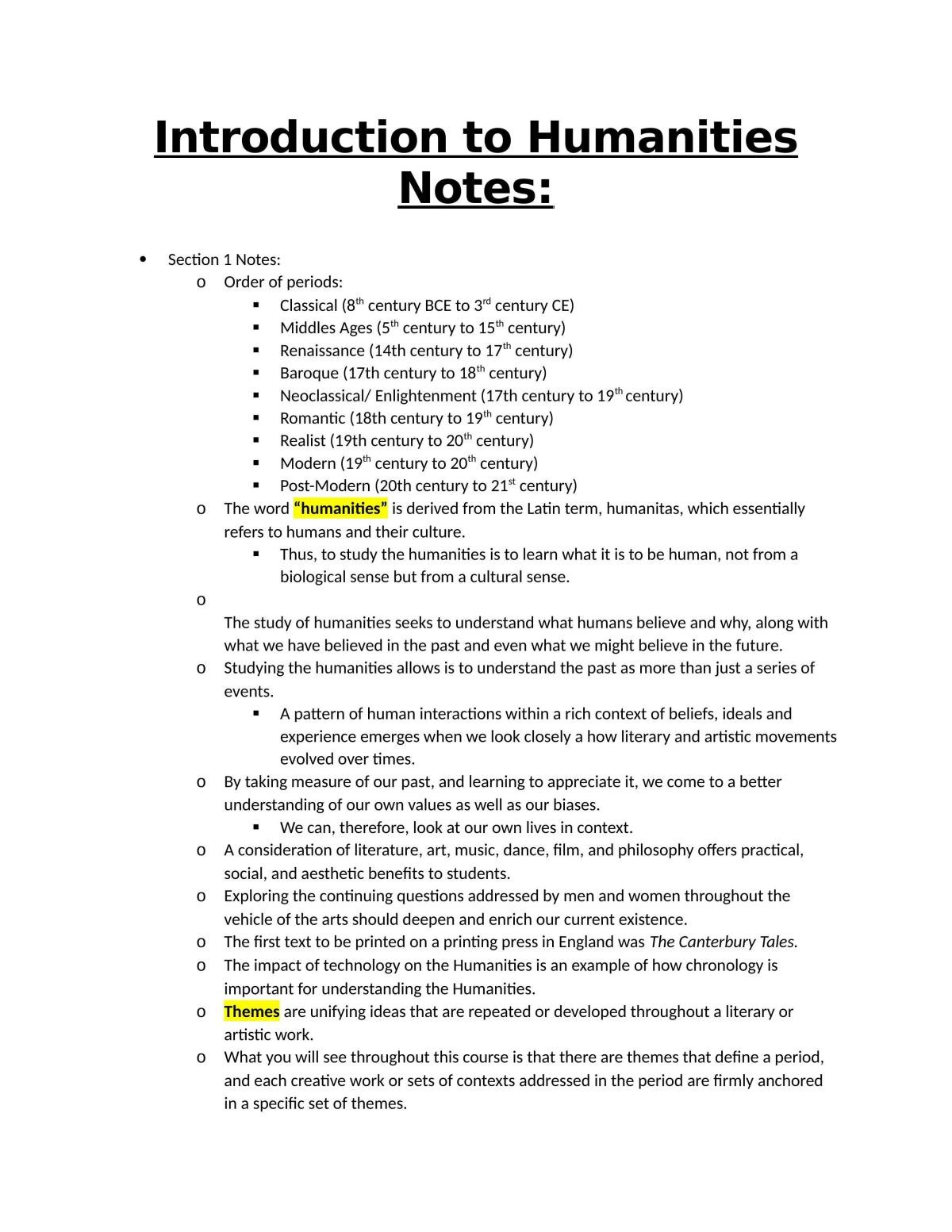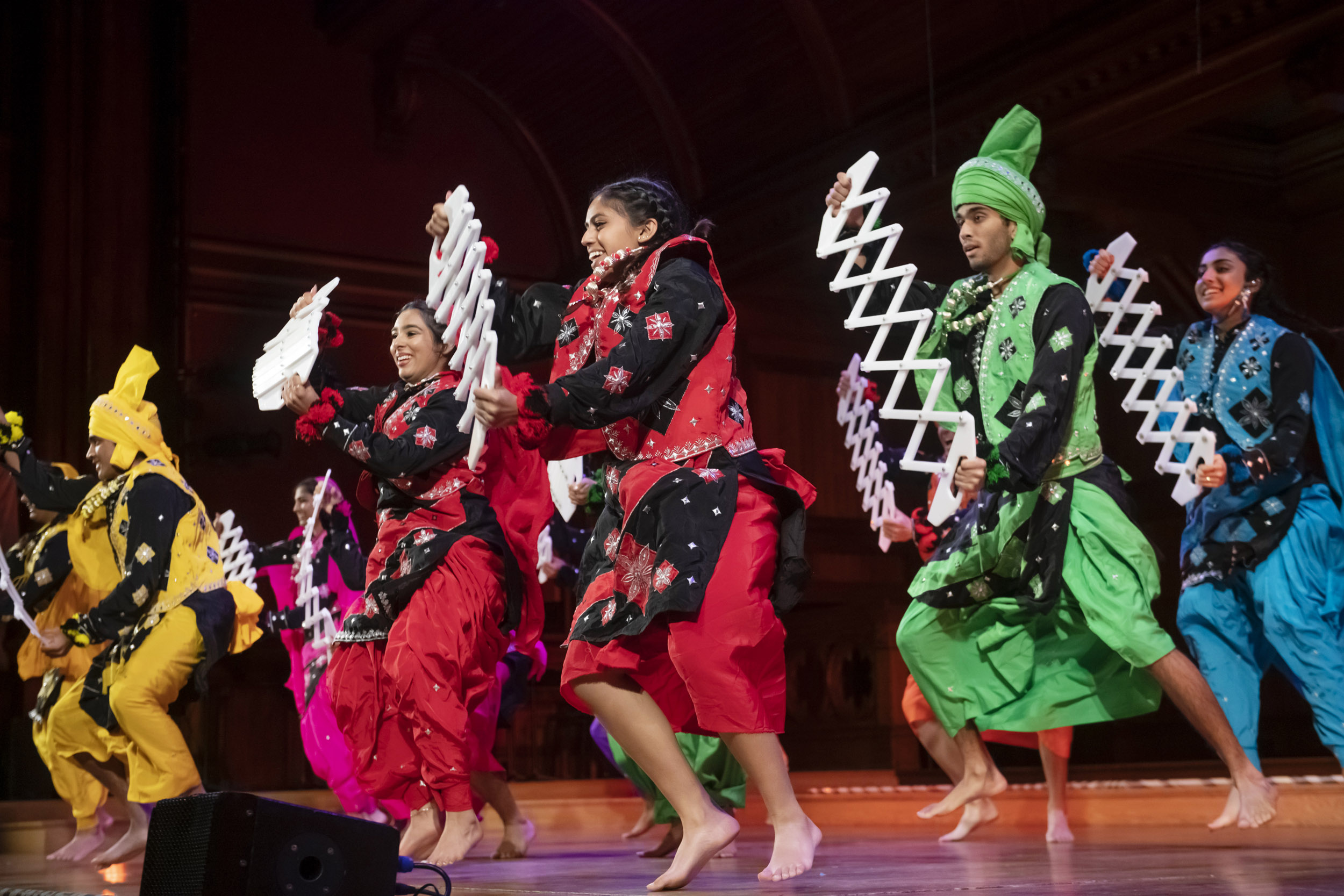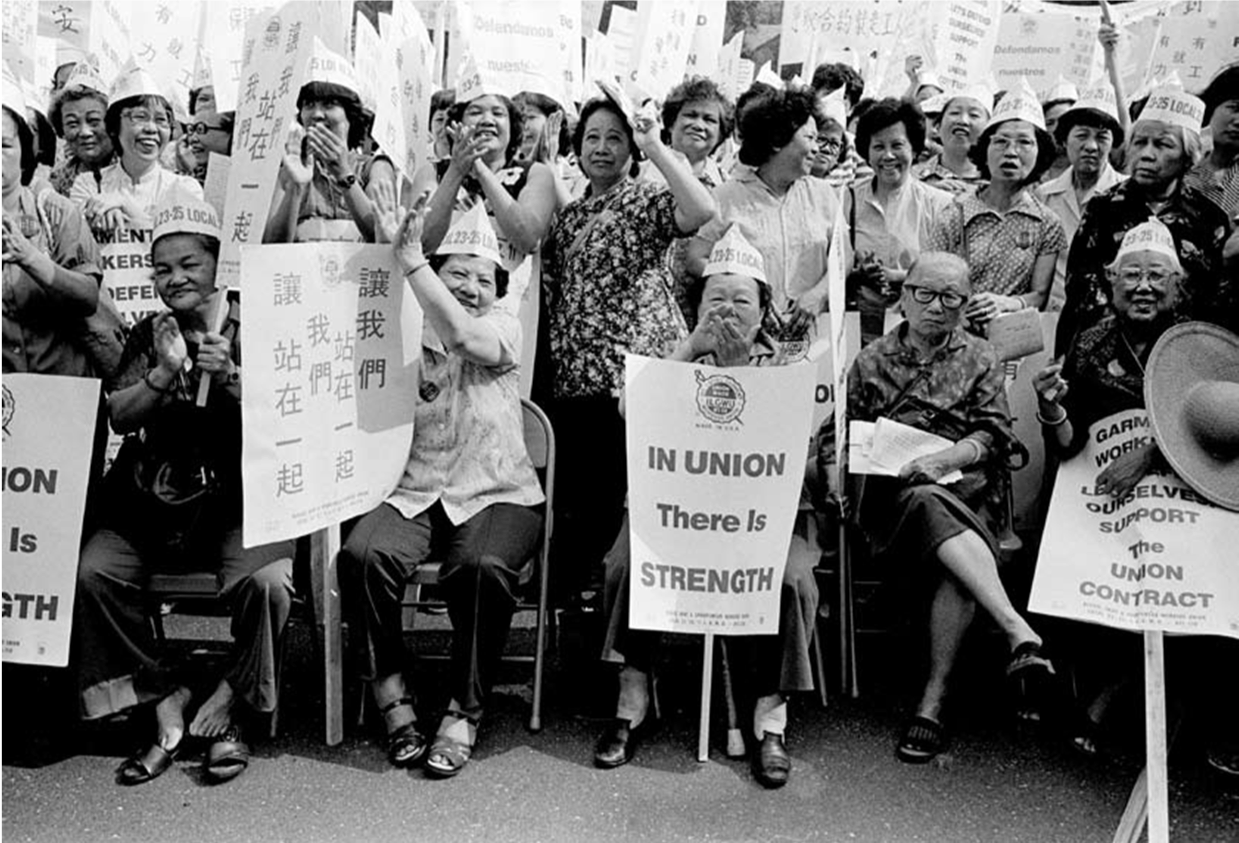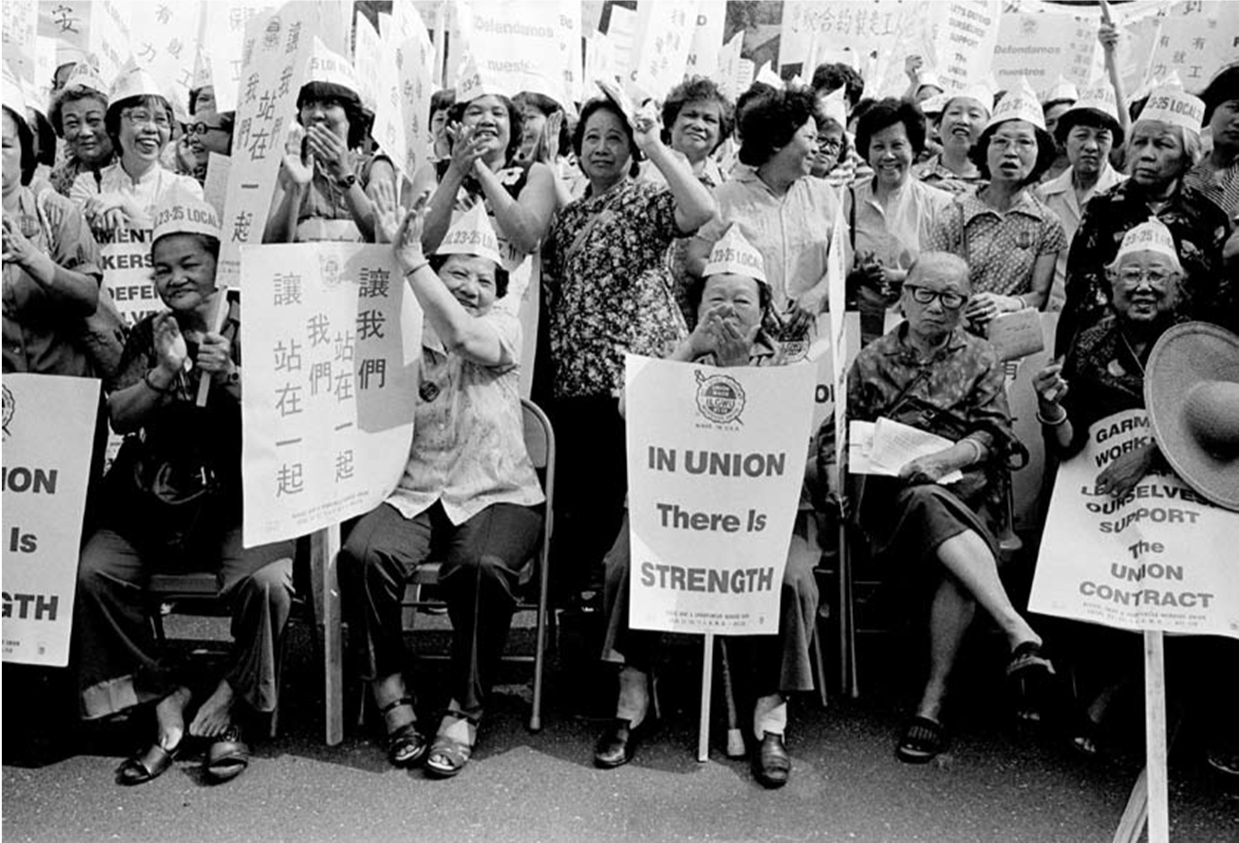Yosvany Terry, an acclaimed musician and composer, has made significant strides in uncovering the deep connections between Afro-Cuban roots and modern jazz. His recent journeys from Benin to Cuba have allowed him to delve into the rich tapestry of musical traditions that have influenced his artistry. With a passion for preserving cultural identity, Terry intertwines these influences into his music, offering a unique lens on jazz history. By fostering awareness of Afro-Cuban music and its historical significance, he aims to inspire a new generation of musicians and music lovers. As he prepares for his upcoming performance, Terry showcases the vibrant dialogue between African heritage and contemporary jazz, creating an engaging musical experience for all.
In the vibrant world of jazz and cultural exploration, Yosvany Terry stands as a pivotal figure. His work highlights the essential threads that connect African and Caribbean musical styles, showcasing how these ancestral practices shape current artistic expressions. By researching these historical linkages, Terry not only celebrates musical diversity but also emphasizes the importance of cultural continuity in a modern context. The impact of such explorations goes beyond mere performance; it invites audiences to appreciate the rich legacy of musical traditions that contribute to their cultural awareness. As he merges the past with the present, Terry’s efforts underscore the integral role of music in preserving identity and heritage.
Exploring the Afro-Cuban Roots of Yosvany Terry’s Music
Yosvany Terry, an esteemed musician and educator, delves deep into the Afro-Cuban roots of music, revealing the profound connections between cultures. His unique approach to music highlights how Afro-Cuban rhythms and melodies have been shaped by the historical migration and the resilience of cultural identity. By performing and researching traditional Afro-Cuban music, Terry not only preserves these musical traditions but also reinvigorates them in contemporary contexts, fostering a greater understanding of their evolution and significance in the jazz history landscape.
As he intertwines the rich musical heritage from Benin and Cuba, Terry’s work illuminates the dialogue between past and present. His research aims to show how the powerful beats and expressive nuances of Afro-Cuban music have influenced global genres, particularly jazz. Terry’s performances are a testament to this, echoing the voices of ancestors while also modernizing their sounds, making them accessible and relevant for today’s audiences.
The Impact of Yosvany Terry’s Research on Cultural Identity
Yosvany Terry’s research stands as a crucial exploration of how musical traditions safeguard cultural identity across generations. His experiences in Benin allow him to witness firsthand how music serves as a repository of memories and stories, strengthening the bonds within communities. This research not only emphasizes the importance of tradition but also highlights the ongoing struggle for cultural expression in the face of historical oppression. In creating a bridge between the African and Caribbean musical landscapes, Terry advocates for a recognition of the past’s significant influence on contemporary identities.
In his educational endeavors, Terry aims to pass this knowledge onto his students, encouraging them to appreciate the historical narratives embedded in their performances. By understanding these cultural legacies, students can better navigate their identities as artists and individuals. This unique learning process enables them to carry forward the rich traditions of Afro-Cuban music paralleled with the wider narratives of the African diaspora, ultimately contributing to a more enriched and diverse musical environment.
Bridging Traditional and Contemporary Music in Jazz Education
In the realm of jazz education, Yosvany Terry challenges students to explore the traditional roots of jazz while recognizing the innovations of contemporary artists. By incorporating elements from Afro-Cuban music into jazz compositions, Terry cultivates a space where students can experiment with their musical voices and weave historical context into their creations. His mission is to show how jazz, often regarded as an American art form, is deeply intertwined with global musical influences, especially those from the African diaspora.
This multifaceted approach to music education encourages students to not only appreciate but also critically engage with jazz history. With the support of various collaborations and initiatives, including inviting renowned jazz musicians like Chucho Valdés, Terry’s vision for the Harvard Jazz Orchestra allows students to experience firsthand the transformational power of music. It’s about nurturing a sense of belonging within the jazz arts community while also fostering an appreciation for its rich cultural intersections.
The Role of Collaboration in Advancing Arts Education
Collaboration is at the heart of Yosvany Terry’s vision for advancing arts education at Harvard. He believes that bringing together diverse artistic influences fosters a greater understanding of musical traditions, including Afro-Cuban roots. By inviting guest artists and integrating cross-disciplinary initiatives, Terry enhances students’ educational experiences, exposing them to a myriad of cultural perspectives. This collaborative spirit not only enriches their understanding of music but also prepares them to become cultural advocates in a rapidly evolving artistic landscape.
Furthermore, the emphasis on collaboration extends beyond the classroom into community engagement. Events like ArtsThursdays provide a platform for artists, students, and faculty to exchange ideas and create new works that resonate with broader audiences. This community involvement not only elevates the profile of the arts within Harvard but also fosters critical thinking and creativity that will benefit students long after their formal education.
Cultural Exploration Through Performance: The Importance of ArtsThursdays
ArtsThursdays has emerged as a vital platform for showcasing the artistic endeavors of faculty and students at Harvard, with Yosvany Terry’s performances bringing a unique perspective on cultural exploration through music. This recurring event invites the broader community to engage with the university’s vibrant arts scene. Terry’s upcoming performance, ‘Imaginary Dialogues: Dahomey,’ exemplifies how he connects historical cultural narratives with contemporary musical language, inviting audiences to experience the rhythms and melodies that represent a fusion of Afro-Cuban and West African heritage.
Through ArtsThursdays, attendees experience live music that not only entertains but also educates about the richness of cultural identities. By incorporating dance workshops and discussions into these events, Terry creates an immersive experience that allows participants to deepen their understanding of the traditions he represents. Such initiatives reinforce the significance of the arts in fostering community ties and encouraging dialogue across cultural boundaries, which is crucial in today’s diverse society.
Yosvany Terry’s Vision for the Future of Arts at Harvard
Yosvany Terry envisions a future where the arts at Harvard continue to evolve and adapt to the shifting cultural landscape. With a commitment to broadening the curriculum to include diverse musical traditions, he aims to ensure that students from all backgrounds can find their voices within the arts. Terry’s belief in the power of innovation means that he encourages new artistic expressions that stem from the rich cultural tapestries of the past, including the significant influences of Afro-Cuban music on jazz and beyond.
By inviting international artists and establishing meaningful connections with underserved communities, Terry seeks to cultivate an inclusive environment. He understands that the growth of arts at Harvard relies on collaboration and representation, which ultimately nurtures a healthy ecosystem of creativity and scholarship. As the landscape of the arts shifts, Terry’s leadership and perspective will be vital in ensuring that the traditions of the past are celebrated while fostering the voices of the next generation of artists.
The Significance of Historical Context in Modern Music
Yosvany Terry emphasizes the importance of historical context in understanding modern music, particularly within jazz. By exploring the trails of musical ancestry that connect West African traditions to contemporary genres, he illuminates how historical circumstances shape present realities. This thorough exploration provides students and audiences alike with a richer appreciation for their musical experiences, enabling them to see connections that may have otherwise been overlooked.
As Terry crafts new compositions inspired by his research, he integrates elements from historical musical traditions, effectively creating a dialogue between the past and present. This blend of styles not only enriches the jazz tradition but also resonates with the historical experiences of the African diaspora. By teaching the legacies behind the music, Terry equips his students with the tools they need to navigate their artistic journeys with a deeper understanding of their role within the larger context of cultural expression.
Understanding the African Diaspora Through Music
Yosvany Terry’s exploration of music serves as a lens to understand the vastness of the African diaspora. His research highlights how African musical traditions have transcended geographic and cultural boundaries, influencing a variety of genres worldwide, including jazz, Latin music, and more. By engaging deeply with these roots, Terry showcases the resilience of cultural identity and the power of music as a unifying force that continues to shape experiences and narratives today.
Terry’s aim to educate others about this interconnectedness reaffirms the vital role that cultural narratives play within artistic practices. Understanding the African diaspora through music fosters a sense of belonging and community, allowing individuals to draw connections to their own identities. In his work, he emphasizes that music is not just an art form, but a vessel for narrative, history, and cultural cohesion that collectively informs our understanding of diverse experiences.
The Role of Education in Preserving Musical Traditions
Education acts as a powerful vehicle for preserving and disseminating musical traditions, a principle strongly upheld by Yosvany Terry. As a senior lecturer, he harnesses this opportunity to instill knowledge and appreciation for Afro-Cuban music among his students, ensuring that vital cultural narratives are passed down through generations. By exposing students to various musical histories and real-world experiences, Terry equips them with the knowledge to become informed custodians of these traditions.
Moreover, Terry’s approach fosters a consciousness about the importance of preserving cultural identity through music. His efforts in the classroom encourage students to examine how musical forms adapt and evolve while retaining their core essence. In doing so, he empowers students to engage with and actively participate in the preservation of their heritage, ensuring that the cultural themes woven into Afro-Cuban and other musical traditions continue to resonate within the broader narrative of musical history.
Frequently Asked Questions
What are the key influences of Yosvany Terry’s music on Afro-Cuban roots?
Yosvany Terry’s music is deeply influenced by the rich Afro-Cuban roots, integrating traditional rhythms and instruments that reflect the cultural identity of the African diaspora. His works often explore the connections between African musical traditions and modern jazz, showcasing how these influences shape contemporary sounds.
How does Yosvany Terry incorporate jazz history into his compositions?
Yosvany Terry incorporates jazz history into his compositions by drawing parallels between traditional Afro-Cuban music and the evolution of jazz. His research explores the impact of the African diaspora on jazz, aiming to highlight how these cultural exchanges form the backbone of jazz music as we know it today.
In what ways does Yosvany Terry preserve musical traditions in his work?
Yosvany Terry preserves musical traditions by actively engaging with the practitioners of Afro-Cuban and West African music. Through performances and educational initiatives, he brings these traditions to a wider audience, ensuring that the rich cultural heritage remains vibrant and influential in contemporary music.
What role does cultural identity play in Yosvany Terry’s music?
Cultural identity plays a pivotal role in Yosvany Terry’s music as he explores the histories of African and Afro-Cuban peoples. His compositions often reflect personal experiences and the broader narrative of cultural preservation, emphasizing the importance of maintaining one’s roots while innovating within the jazz genre.
How has Yosvany Terry’s research impacted his teaching at Harvard?
Yosvany Terry’s research significantly impacts his teaching at Harvard by providing students with firsthand access to primary sources related to Afro-Cuban musical traditions. His approach encourages students to understand the historical context and evolution of jazz, fostering an appreciation for the intertwined nature of these cultural influences.
What is the significance of Yosvany Terry’s performance at ArtsThursdays?
Yosvany Terry’s performance at ArtsThursdays is significant as it highlights the intersection of his research and artistic practice. The event showcases the connection between historical musical traditions and contemporary jazz, serving as an engaging platform for community and interdepartmental collaboration at Harvard.
What aspects of Yosvany Terry’s work emphasize the connection between Africa and jazz?
Yosvany Terry emphasizes the connection between Africa and jazz through his exploration of traditional African musical elements in his compositions. His performances often incorporate African instruments, rhythms, and storytelling, bridging cultural gaps and celebrating the shared heritage that influences jazz music.
How does Yosvany Terry contribute to the study of cultural preservation in music?
Yosvany Terry contributes to the study of cultural preservation in music by actively researching and performing traditional Afro-Cuban and West African music. His educational initiatives aim to instill the importance of these traditions in the next generation of musicians, ensuring that the historical context of jazz and its roots are honored and understood.
| Key Point | Description |
|---|---|
| Yosvany Terry’s Research | Terry’s research in Benin and Cuba focuses on the roots of modern jazz and the African diaspora’s influence on musical traditions. |
| Cultural Identity and Preservation | The preservation of cultural traditions among slaves in Cuba plays a significant role in maintaining their identity through music, dance, and spirituality. |
| Educational Goals | Terry aims to educate students on the influence of African musical traditions on Caribbean and American music, enriching their understanding of cultural identity. |
| Artist Collaborations | The Harvard Jazz Orchestra fosters collaborations with diverse musicians and artists, enhancing students’ learning experiences. |
| ArtsThursdays Initiative | This initiative showcases Harvard’s artistic talent, encouraging interdisciplinary collaborations and community engagement. |
| Future Prospects in Arts | There are hopes for continued growth and diversification in the arts at Harvard, aiming for a rich cultural presence on campus. |
Summary
Yosvany Terry’s journey as a musician and educator highlights the profound connections between African musical traditions and modern jazz. As he continues to explore these links through research and performance, his commitment to educating students about the historical and cultural significance of these traditions prepares them to become advocates for the arts. Through initiatives like ArtsThursdays and his collaborations across departments at Harvard, Terry not only fosters a deeper understanding of arts and culture but also enriches the community’s engagement with diverse musical heritages.

